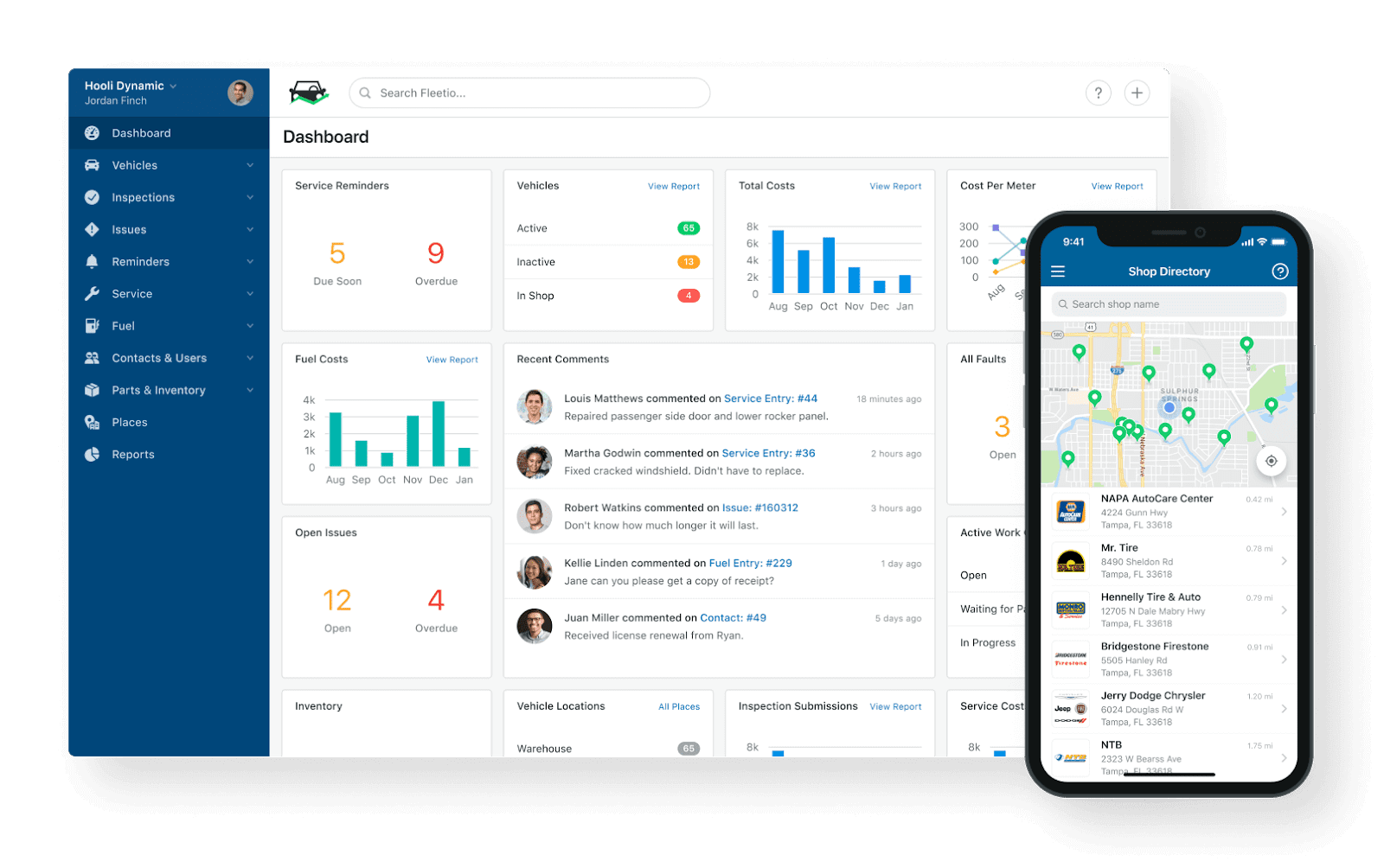Evästeiden asetukset
Tietoa evästeistä
Evästetiedostoja käytetään verkkosivuston parantamiseen, personalisoidun sisällön näyttöön ja vierailutietojen analysointiin. Tekniset evästeet ovat välttämättömiä verkkosivuston toiminnalle - käyttämällä sivustoa hyväksyt niiden käytön.
Tekniset evästeet
aina päällä
Huolehtivat verkkosivuston olennaisista toiminnoista kuten suojauksesta, verkonhallinnasta, käytettävyydestä ja vierailutilastoista. Voit poistaa tekniset evästeet käytöstä selaimesi asetuksissa, mutta se voi vaikuttaa negatiivisesti sivuston toimintaan.
Mahdollistavat kiinnostuksen kohteidesi mukaisen merkityksellisen sisällön ja personoitujen tarjousten ja mainosten näytön tällä sivustolla, kolmansien osapuolten sivustoilla ja sosiaalisissa verkostoissa.
Kolmansien osapuolten työkalut (esimerkiksi Google Analytics) mahdollistavat verkkosivujen toiminnan parantamisen tarjoamalla tietoja siitä, miten sivuja käytetään. Evästetiedostot keräävät näitä tietoja tavalla, joka ei mahdollista suoraa tunnistusta.






